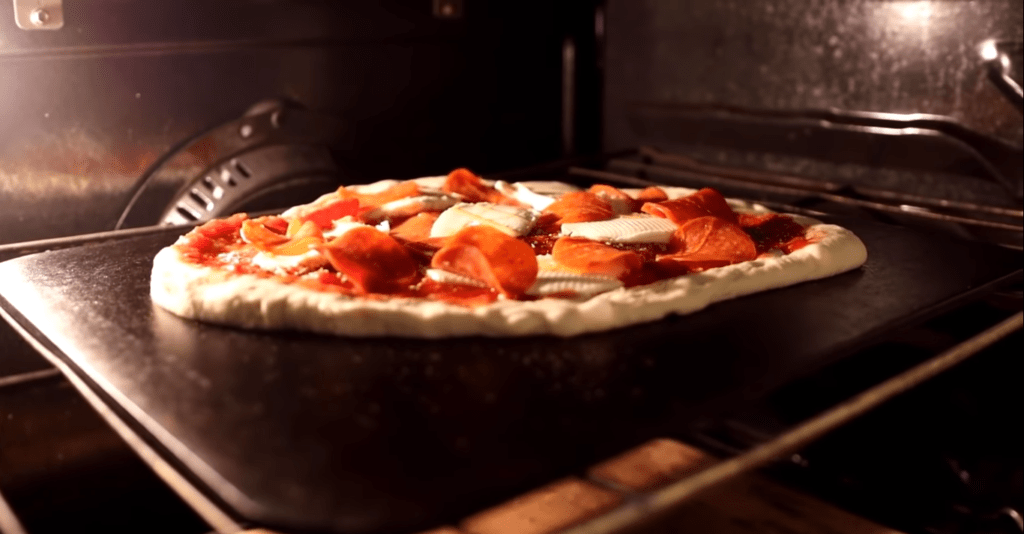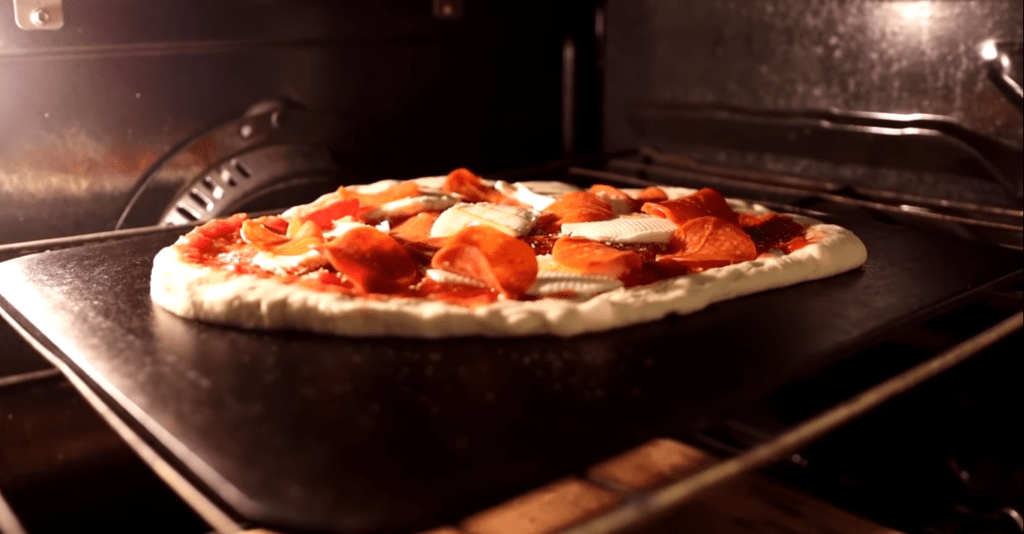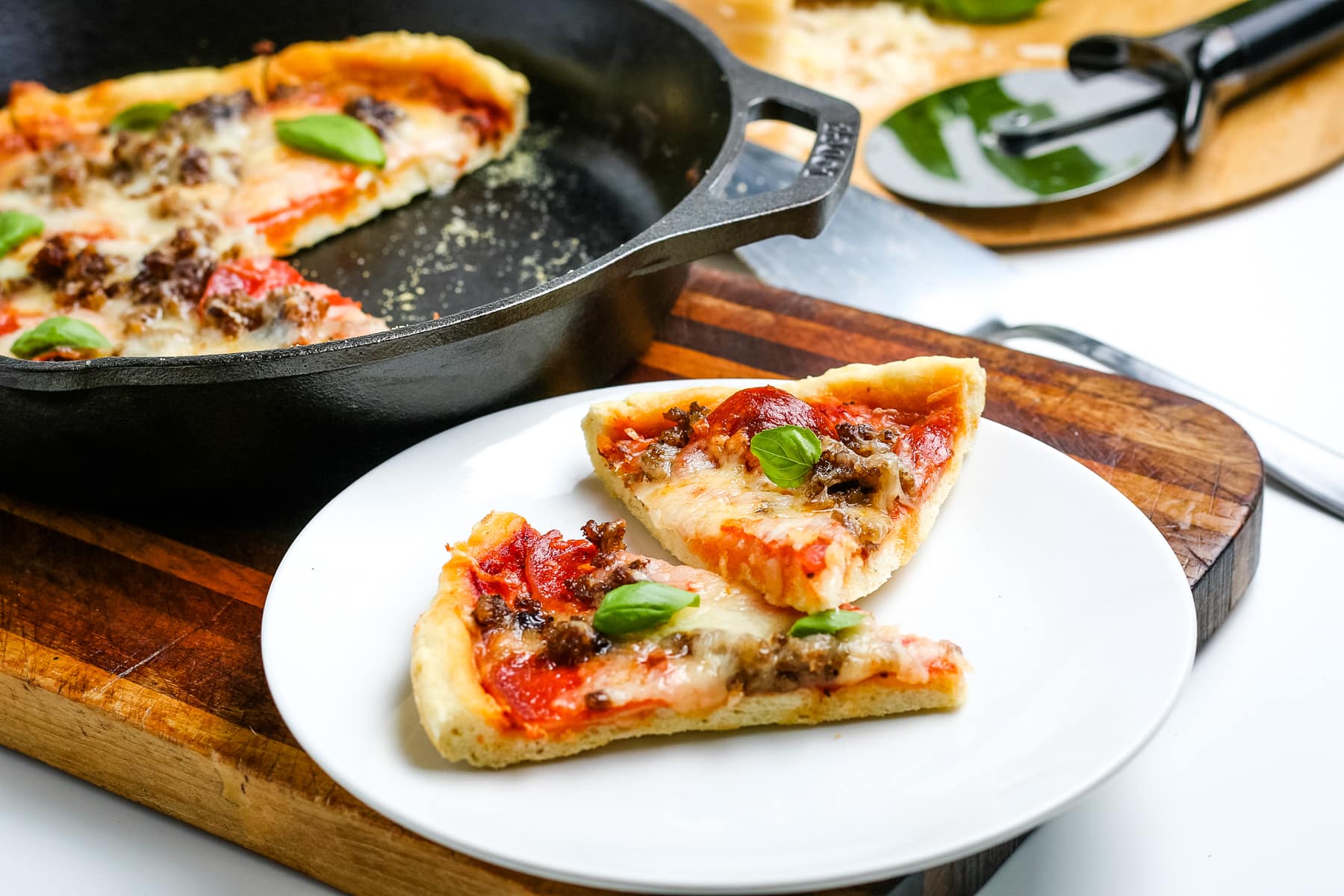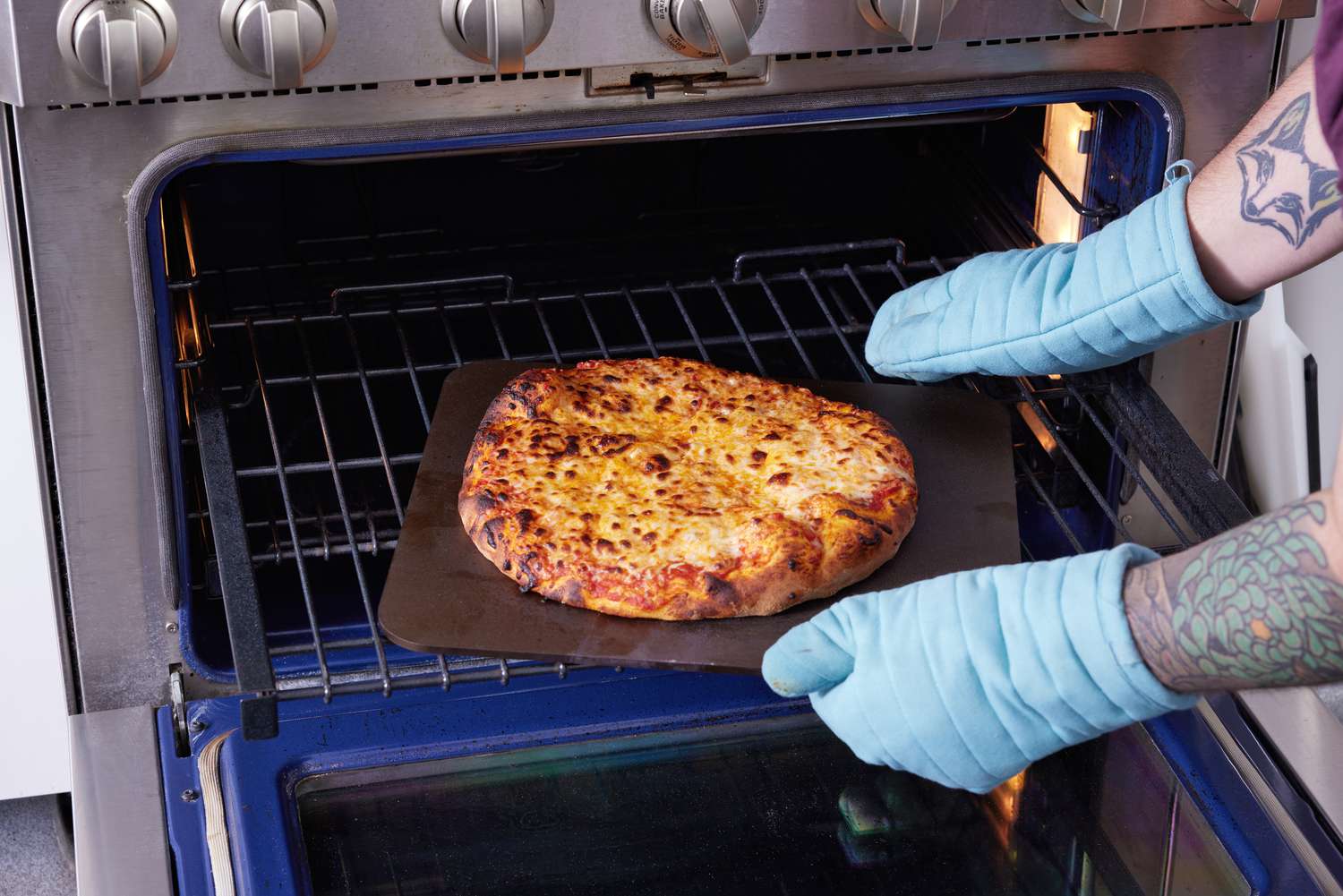For kitchen professionals seeking to elevate their craft, the benefits of baking stones are nothing short of remarkable. In many kitchens, the humble baking stone remains an unsung hero, yet its potential to revolutionize baking techniques is here to be explored. Whether you are crafting artisan pizzas or achieving the perfect bread crust, understanding these benefits can be life-changing.

Understanding the Basics: What Is a Baking Stone?
A baking stone, often made of ceramic, stone, or cordierite, is a flat, thick piece of material known for its exceptional heat retention properties. Kitchen professionals rely on these stones for a broad array of culinary tasks. When heated, they provide a consistent cooking surface that can withstand intense oven temperatures, offering unmatched versatility. The goal is not just about even heat but also about absorbing and then redistributing moisture, ensuring a superior baking experience.
Why Every Kitchen Needs One: Tremendous Benefits
One of the most compelling advantages of using a baking stone is its ability to produce a perfectly crispy crust. This is particularly evident in artisan breads and pizzas, where the finished product is often distinguished by its texture as much as its flavor. The baking stone draws out moisture from the dough, thereby delivering a crisp, professional finish. Kitchen professionals seeking to emulate a traditional hearth baking experience in their ovens find baking stones to be an indispensable tool.
Heat Retention and Distribution
The key to a baking stone's effectiveness lies in its heat retention capabilities. Unlike conventional baking trays, which can lead to uneven cooking, a baking stone evenly distributes heat across its surface. This consistency reduces the risk of hot spots that can cause burning or undercooking. For chefs, achieving consistency in cooking is big, ensuring every garlic knot, cookie, or pie emerges from the oven with uniform quality. Explore top-rated baking stones that professionals trust to transform their culinary creations.
Versatile Culinary Uses: It's Not Just for Baking
The versatility of baking stones goes beyond baking, marking a revolution in culinary thinking. Professionals in the field use them not just for their tremendous baking benefits but also for things like roasting vegetables and grilling meat, where the stone acts as an ideal heat conductor. This adaptability makes baking stones a worthwhile investment for any kitchen.
Imagine using a single tool to sear a perfect steak or craft the perfect croissant - a feat that is only possible due to the remarkable qualities of a baking stone. Read more about its multifaceted uses and how they can benefit your culinary repertory.
Durability Meets Low Maintenance
For kitchen professionals, durability is as critical as performance. Baking stones are known for their longevity, often outlasting many other kitchen tools with proper care. Maintaining a baking stone is surprisingly simple; a thorough scrape and an occasional rinse suffice. Since they require no seasoning or special treatment, their upkeep aligns well with the fast-paced environment of a professional kitchen.
Integration into Modern Kitchens
While traditional, the inclusion of baking stones in modern kitchen settings is increasingly popular among chefs. This is partly because baking stones offer a tremendous blend of old-world technique with modern convenience. For those chefs who seek to keep their kitchens on the cutting edge of technology, this tool offers unmatched advantages without the need for high-tech gadgets.

FAQ Section
How do I clean and maintain a baking stone?
Maintaining a baking stone is straightforward. After cooling, scrape off any debris with a spatula and wipe with a damp cloth. Avoid submerging in water or using soap as it can absorb and affect the taste of your food.
Can a baking stone be used on a grill?
Yes, a baking stone can indeed be used on a grill. This application allows you to achieve that coveted 'brick oven' effect for items like pizza, directly within your grilling station.
What makes a baking stone better than a regular baking sheet?
Baking stones excel in heat retention and moisture absorption, creating superior cooking conditions. This results in evenly baked goods with a desirable, crispy finish that regular baking sheets often cannot achieve.
To further delve into the world of baking stones, including common myths and truths, visit Real Simple's guide on how they enhance modern baking by mimicking traditional conditions.
This article contains affiliate links. We may earn a commission at no extra cost to you.






Leave a comment
This site is protected by hCaptcha and the hCaptcha Privacy Policy and Terms of Service apply.